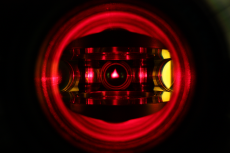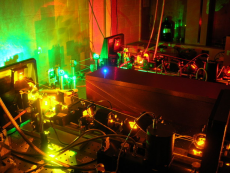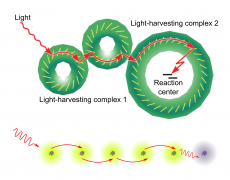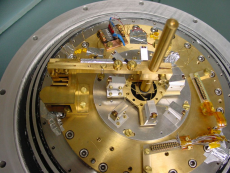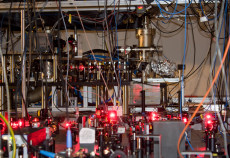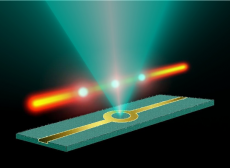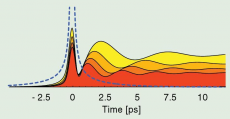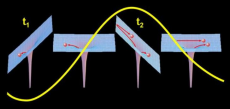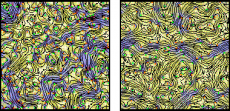CQD Special Seminars
31. August 2020 14:00
Zoom MeetingQuantum information processing with ultracold atomic mixtures
Dr. Valentin Kasper
ICFO, Barcelona, Spain
Quantum computers prepare a fiducial state, manipulate the quantum information using quantum gates, and are able to perform a read out. Until now several systems have been engineered to form a viable quantum computer, and even demonstrated quantum supremacy. Examples include photonics, neutral atoms, cavity quantum electrodynamics, trapped ions, nuclear magnetic resonance, and solid-state systems. In this talk I present how to employ an ultracold mixture of two atomic species for universal quantum computation on qudits. To this end, one atomic species realizes the effective spin, which forms the fundamental unit of information in this setup and the second atomic species forms a phonon bath, which is used to entangle the effective spins. We demonstrate the possibility of universal quantum computation with qudits and discuss how to use this platform to implement a quantum error correcting code.

